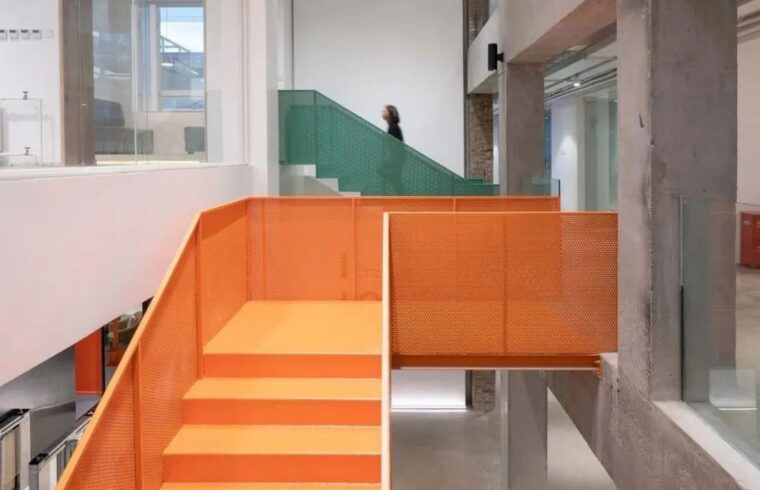钛媒体“折叠公园”
北京团河派出所旧址改造
靠近设计
摄影师:nature image、马迪、钛媒体集团
本文来自微信公众号“建筑设计之家”(ID:jianzhu78)。大作社经授权转载,该文观点仅代表作者本人,大作社平台仅提供信息存储空间服务。

钛媒体“折叠公园”
北京团河派出所旧址改造
靠近设计
摄影师:nature image、马迪、钛媒体集团
本文来自微信公众号“建筑设计之家”(ID:jianzhu78)。大作社经授权转载,该文观点仅代表作者本人,大作社平台仅提供信息存储空间服务。
